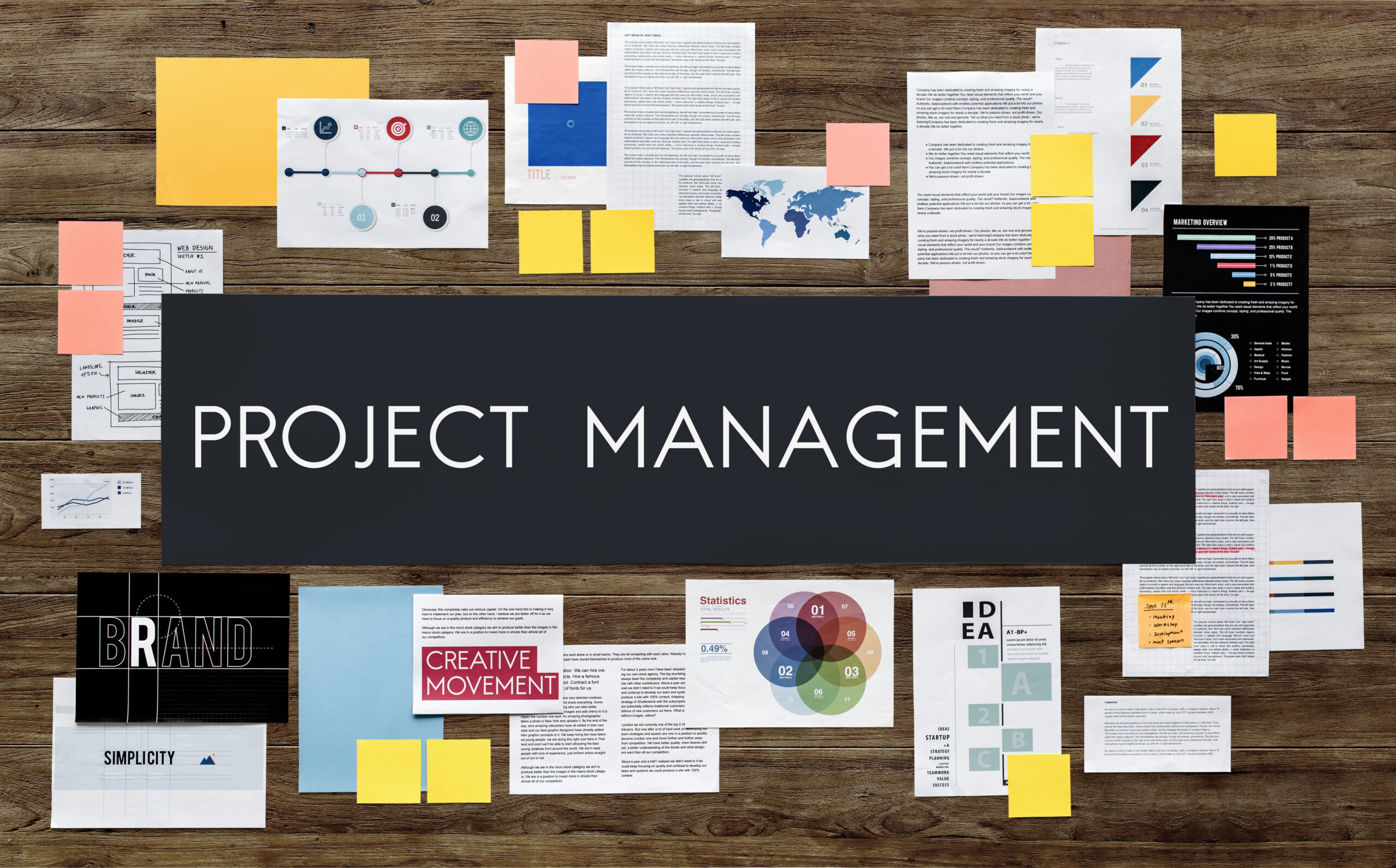How to Build a Career in Project Management

Businesses and organizations are now realising the role of project managers in overseeing their projects from start to finish. It’s not surprising this role is climbing steadily, with 25 millions new demands for this role projected by 2030. Businesses of all sizes are having to juggle increasingly complex tasks, from meeting deadlines to budgets, and even people with different opinions. Hence, the need for candidates who can wear many hats and help in bringing their ideas to reality.
If you have ever found yourself overseeing projects or assignments, you already have an ability for it. How can you build a promising career in this field? You can seek entry level jobs, gain experience and scale up or you can kickstart with an experience in related roles such as business analyst before diverting into project management.
In this article, we will delve into what project management entails and tips to get started.
What Does Project Management Means
Project management as the name suggests is about getting things done through the application of skills, tools, techniques and any other resources. The project manager is the planner, the coordinator, the problem solver who ensures all work is completed to the required standard. Whether it’s launching a project, building an app, or planning an event, you oversee the work from start to finish, determining who carries out this work, which tools to use, and when it can be completed.
What’s more? It’s not tied to one field. You’ll find project managers in tech, construction, marketing, health care, and even fashion. You will have to take up any roles or positions as the project demands. And any decisions or actions taken are vital to meet the goal just as any mistake made can cost the company money and efforts.
Get the Right Education
Although getting a degree is not compulsory, it’s always advisable to still get one. Many organizations prefer candidates with a degree as it tells them they have acquired the skills and applicable knowledge that will be valuable for the job.
Many project managers come from backgrounds in business, engineering, IT, or communications. These programs cover essential topics that will be valuable at the course of your career such as leadership, financial management, communication and many more.
Start by learning the basics:
- How to plan a project
- How to manage time and people
- How to communicate clearly
- How to solve problems when everything hits the fan.
There are several free courses online where you can learn the basics. Platforms like Coursera, Udemy, or LinkedIn Learning have project management classes that are beginner-friendly.
Know the Tools
There are various tools used by project managers which help them in achieving faster results.
Tools like:
- Trello or Asana for tracking tasks
- Microsoft Project or Smartsheet for bigger timelines
- Slack or Teams for communication
There are hundreds to thousands of tools but you don’t need them all. Pick only the important few, and get started. These tools help you look organized and professional, especially when managing your first few projects.
Get Experience
You need to have experience but the good news is it doesn’t need to be from corporate jobs.
For this, start small. Volunteer to be a leader in a community event, you can oversee a project, or manage timelines for a group assignment. Chances are you are already doing it without even knowing. You can also pursue internships in project-based companies, or get an entry-level role as project coordinator. Just do something anywhere you can put your skills and knowledge to good use. Meet deadlines, lead people, reach milestones.
Earn Certifications
You can never go wrong with certifications and it is something that can set you apart amidst the pool of others. Although they are not compulsory, it can help boost your credentials. Consider certifications in:
- CAPM (Certified Associate in Project Management)
- PMP (Project Management Professional)
- Agile or Scrum certifications –
- PMI Certifications.
Develop Soft Skills
There are skills required of a project manager and it doesn’t necessarily mean highly technical skills. You will need to develop interpersonal skills and analytical skills when managing projects and people. Sometimes, a team might be failing in meeting deadlines, you might need to make tough calls and this requires confidence, and many other things.
Strong communication, leadership, and problem-solving skills, collaboration, time management will be of great value in carrying out your roles.
Network and Keep Learning
Connect with people of like mind who are on the same path with you. Whether it is online with LinkedIn groups, Reddit forums or attending industry events, workshops, there are many ways you can network. While at it, have mentors who can guide you on the career path. They can even help in landing exciting roles. Work with colleagues who have worked on several projects and can offer a helping hand when things get tough.
And don’t stop learning. Project management keeps evolving with new tools, methods, and ways of thinking. Stay updated.
Choose Your Path and Grow
Once you’ve gained some experience and acquired some skills, you can take up any role while you gradually work your way up the success ladder. It can be program management, operations, consulting, administration or even entrepreneurship.
Bottomline
Being a project manager can be demanding yet rewarding. It needs a lot of dedication and effort. However, nothing can be compared to the joy of bringing a project to completion.




